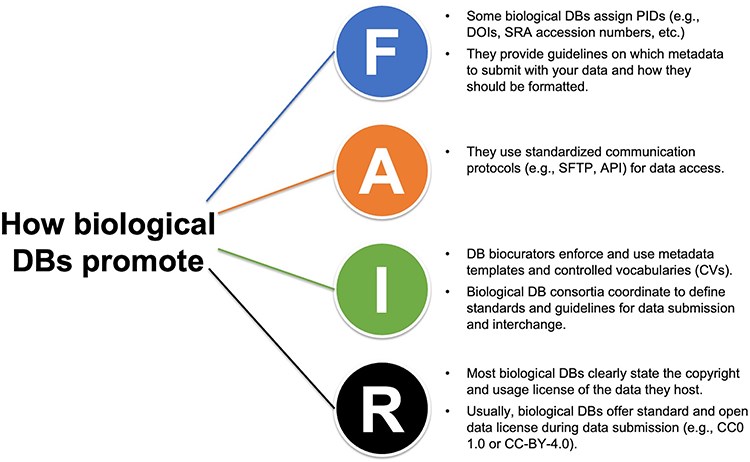
Training scientists to make their data FAIR
Plant Science Research WeeklyI’m sure many of you have experienced frustration when trying to access an intriguing dataset that either doesn’t exist, isn’t open, or is set up in an impossibly unintuitive manner. Part of that problem stems from a lack of training of early-career scientists in how to make their data findable,…
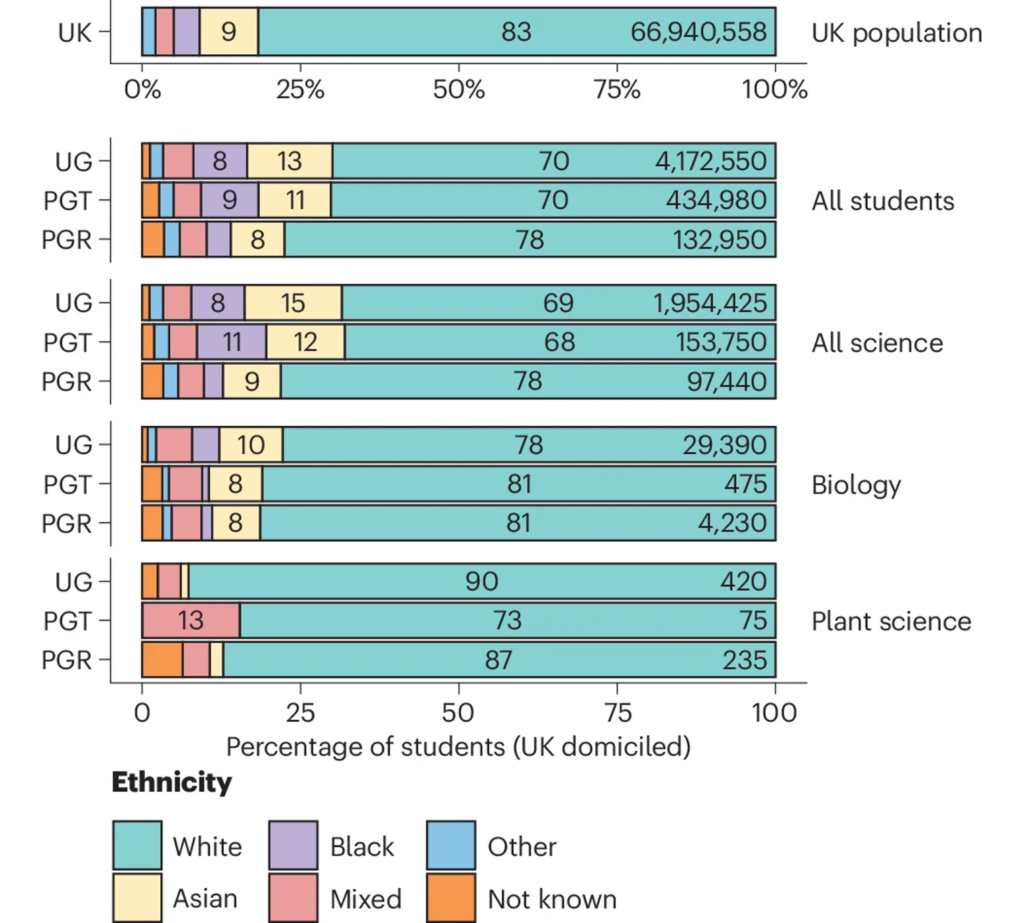
Comment: Lack of racial diversity in UK plant science
Plant Science Research WeeklyIn most STEM disciplines there is a racial disparity between practitioners and the broader population. This disparity is often greater in plant sciences than in biomedical-related disciplines. Here, Hubbard and colleagues take a close look at the demographics of plant scientists in the UK and provide…

Review: Back-of-the envelope Fermi calculations in plant science
Plant Science Research WeeklyI think one of the most important lessons a scientist learns is to cross-check their findings with a different approach in order to determine if the findings are reasonable. This interesting article by Oliveira-Filho and Campos-Silva et al. lays out several examples of using back-of-the envelope or Fermi…

Graduate student mentorship as a target for diversifying biology
Plant Science Research WeeklyThe quality of student-advisor relationships is one of the top predictors of research progress and sense of belonging in science, yet in most cases the mentoring relationship is simply left to chance. In this preprint, Debray et al. surveyed a cohort of PhD students to understand what mentoring practices…

Building an inclusive botany: A radical dream
Plant Science Research WeeklyRecent years have seen a reevaluation of the history and practice of science, including reconsidering who is recognized and why. Science doesn’t exist in a vacuum; it reflects the culture and values of those that practice it. This article, by Mabry et al., is intended to serve as a conversation starter…
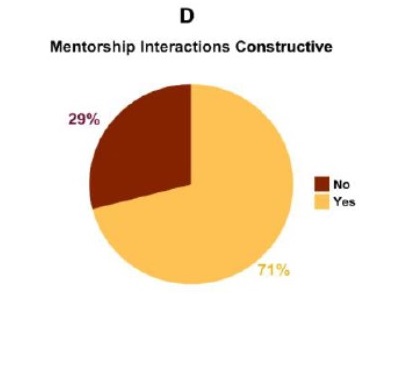
Insights from a survey of mentorship experiences
Plant Science Research WeeklyWhat do mentees want and need from their mentors, and are they getting it? How do factors such as gender identity and internationalism affect the quality of mentor/mentee interactions? Results from a survey of more than 2000 mentees (mostly postdocs and graduate students) are reported, along with a thorough…
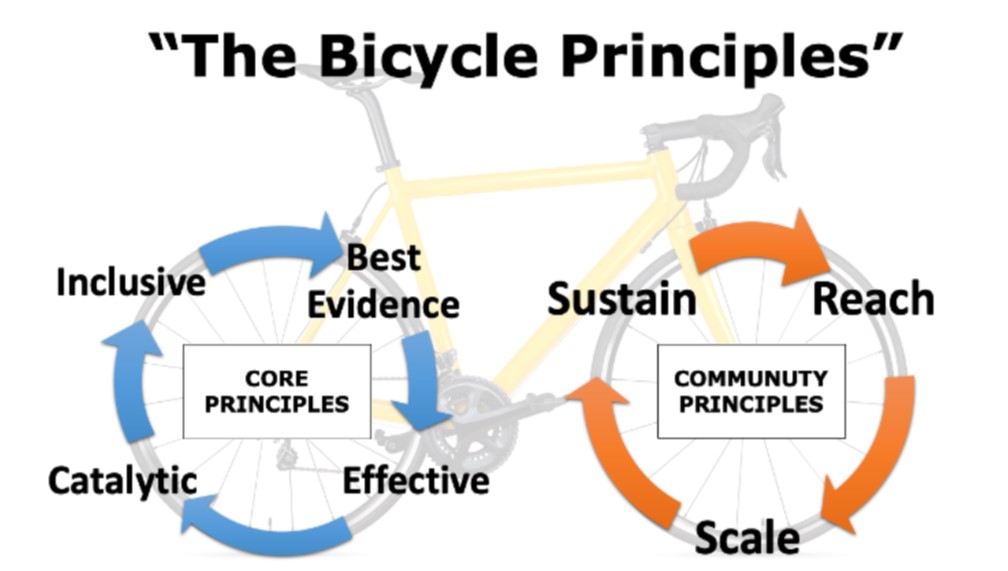
Optimizing short-format training: Effective, inclusive, and career-spanning professional development
Plant Science Research WeeklyShort-format training (SFT) provides opportunities for people to acquire knowledge and skills outside of traditional degree-granting programs. Unfortunately, in spite of good intentions, there’s evidence to suggest that the SFTs aren’t always very effective, and that the knowledge gained doesn’t…
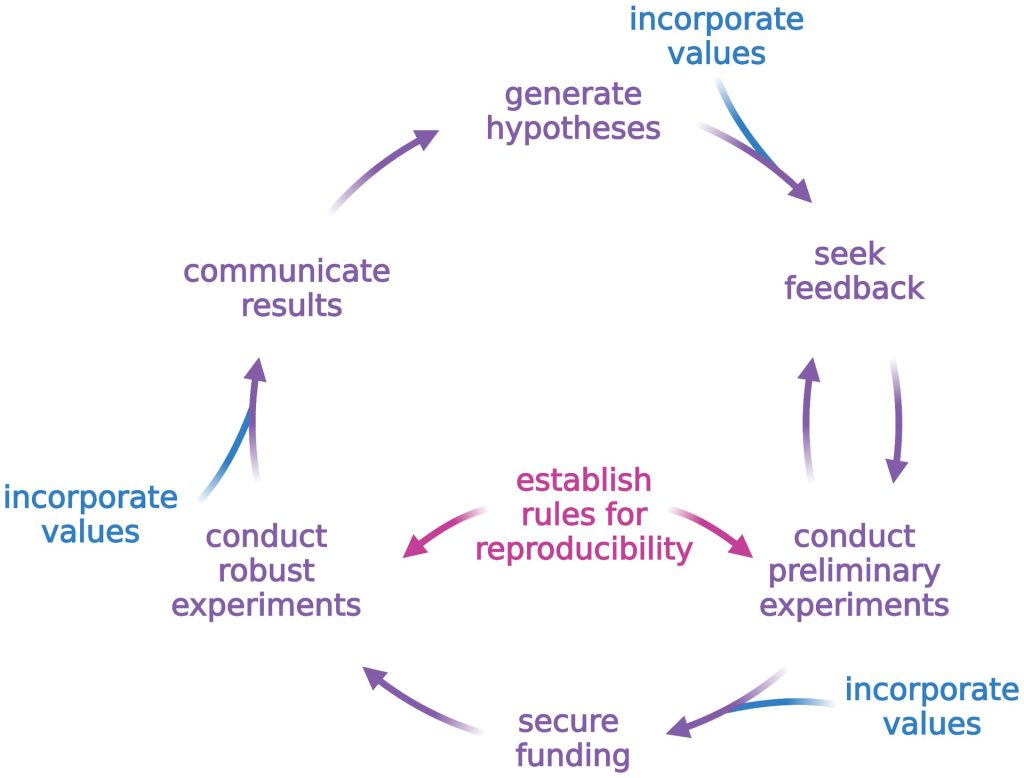
Running a sustainable, values-drivenresearch group in the next generation
Plant Science Research WeeklyThis is a fantastic article to help new, future, and even current lab heads think about their postures, priorities, and practices. It was developed through a workshop held during the Arabidopsis meeting, originally scheduled for 2020 but held online in 2021 and run by several scientists who recently…
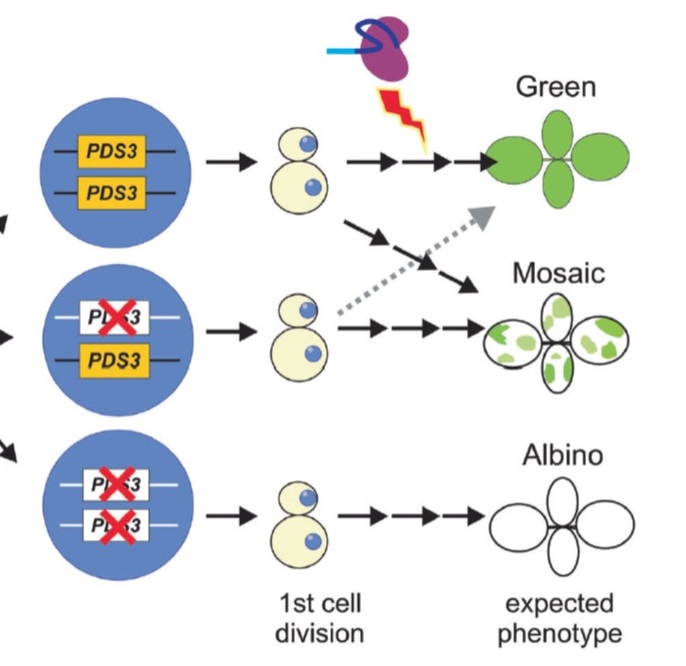
An experimental protocol for teaching CRISPR/Cas9 in a post-graduate plant laboratory course without sequencing (Biochem Mol Biol Educ)
Plant Science Research WeeklyExperience is the best teacher, so hand-on learning is invaluable for students of biology. If you have the opportunity to teach with a laboratory course and haven’t yet incorporated a module that incorporates CRISR/Cas9, you’re in luck! Here, Mayta et al. share the design of the laboratory course…

